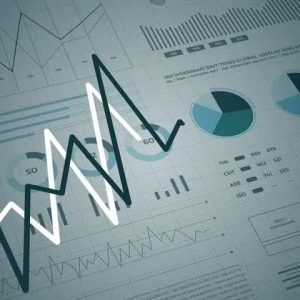Retail in 2023: An Overview
The year 2023 began with notable difficulties for the retail sector in Nigeria, such as a shortage of cash in the first quarter caused by the central bank’s modification of the national currency. This modification has a significant effect on several consumers in Nigeria’s economy, which primarily relies on cash transactions.
Retailers are adjusting their practices to incorporate local sourcing and the Buy Now Pay Later option.
In 2023, the retail sector in Nigeria saw numerous difficulties, such as a shortage of cash, inflationary pressures, the loss of gasoline subsidies, and a scarcity of foreign exchange. These characteristics have a substantial impact on both retailers and customers, requiring constant modifications in sales strategy and purchasing patterns.
Addressing the difficulties posed by affordability After the termination of gasoline subsidies
The elimination of gasoline subsidies resulted in increased transportation expenses and decreased buying power for customers, causing a significant change in consumer spending habits within the retail industry. Consumers were drawn to channels that provided a wide range of reasonably priced products, showing a preference for purchases that offered good value for money due to economic limitations.
What is the future of the retail industry?
In the future, Nigeria’s retail channels are expected to experience growth despite the current economic issues. Anticipated factors such as a stable local currency, growing employment prospects, and increasing disposable incomes are projected to strengthen consumer spending and propel the rise of the retail sector.





![Airlines Global Industry Data [MarketLine] 2017 - 2026](https://axen.com.ng/wp-content/uploads/2023/11/airline-banner-axen.com_.ng_-300x300.jpg)



